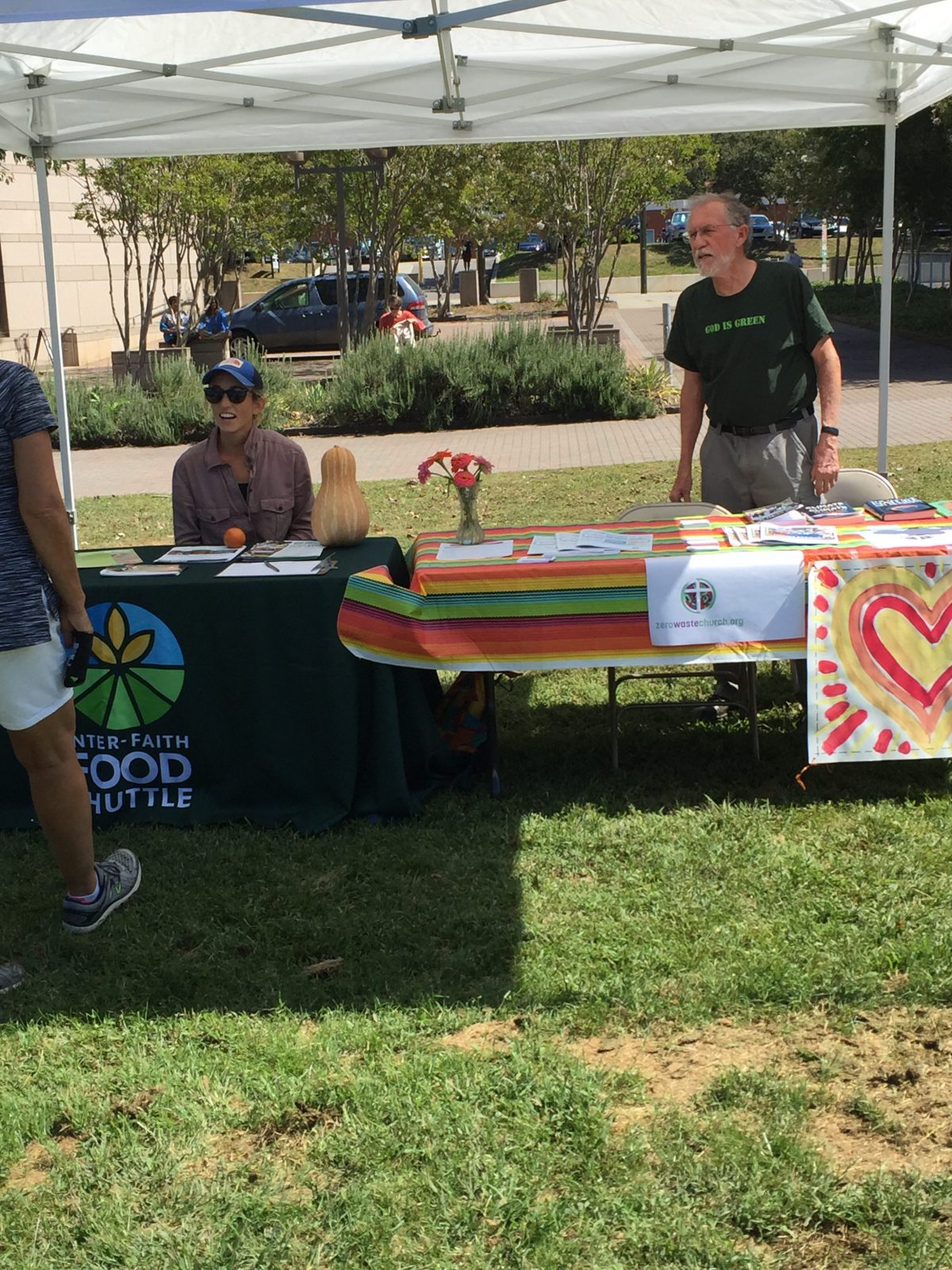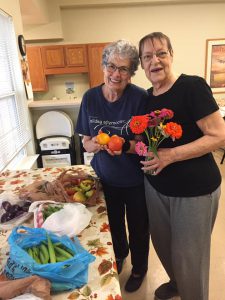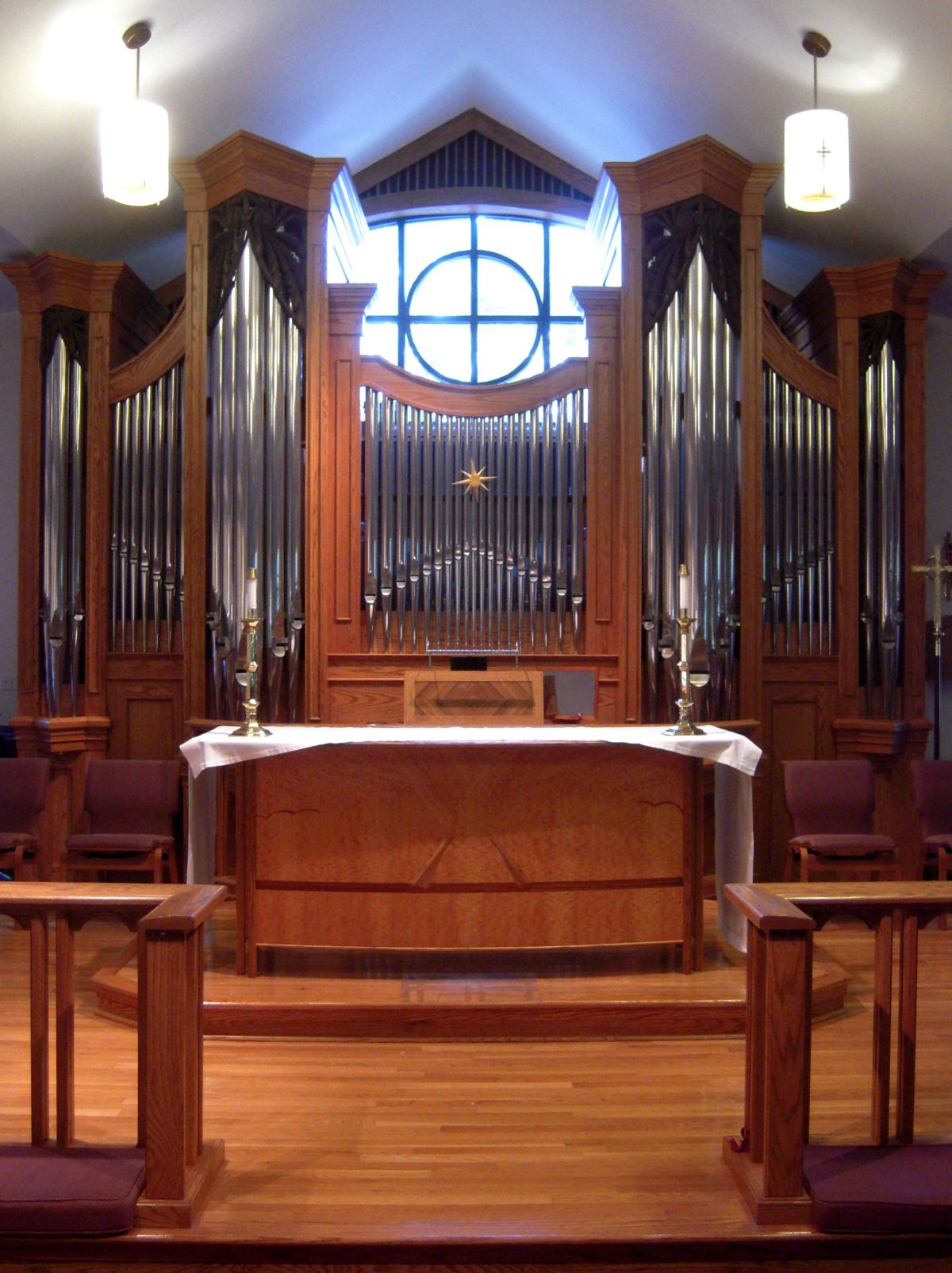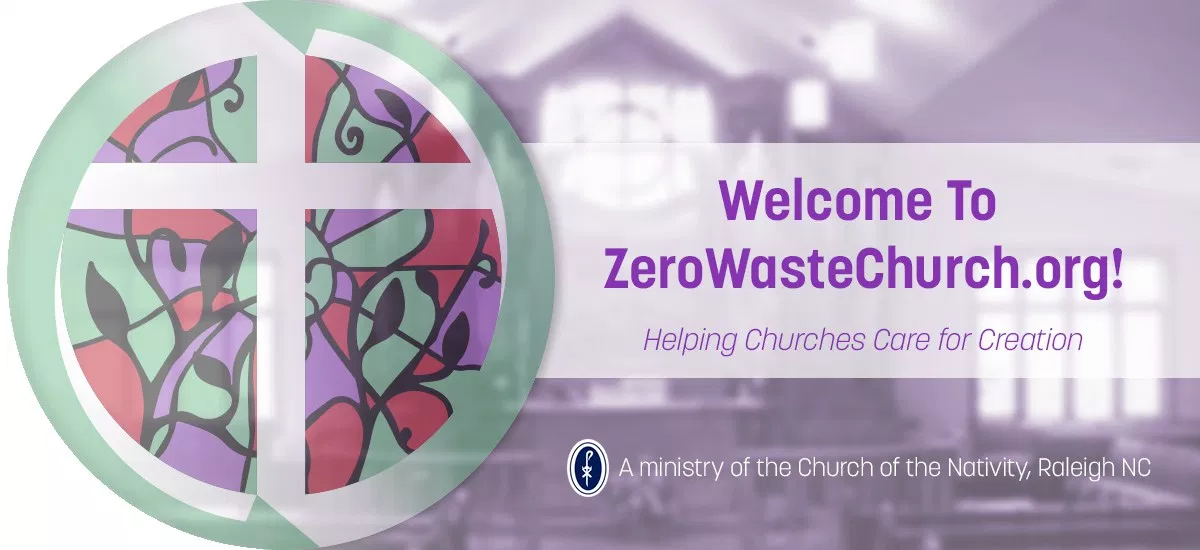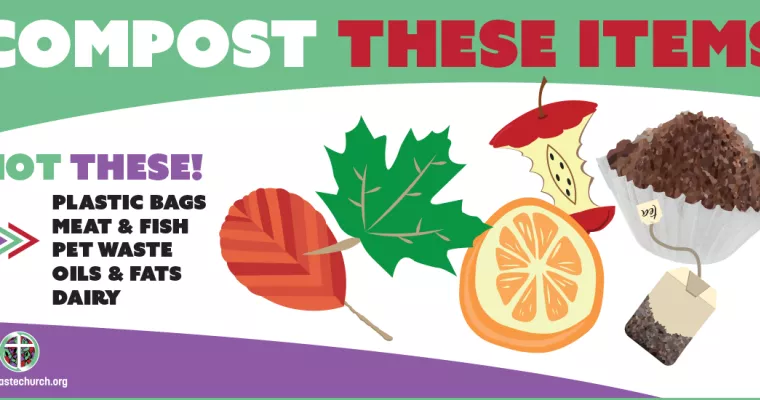Kristin Edrington
Diaconate Intern
Discerning a call to the Diaconate has been one of the most amazing blessings in my life. I think back to all the conversations I have had throughout this process and each one has impacted my life, and my faith, in different ways. The people I have gotten to meet along the way have been gifts to my own discernment. People ask me a lot of questions about my feelings on the process. For each person who goes through a discernment your experience differs. We have all arrived at this point through different avenues. For me, I have been discerning a call for a better part of my life, for others it has maybe been a couple years or less. The ways in which you grow closer to God during a discernment is so wonderful, and God has been at work changing, shaping, and re-shaping my life.
For anyone who has ever felt a calling to discern the Diaconate (or Priesthood) I encourage it. Sit down with a clergy member or someone you know going through the discernment process and ask about their experience, and if you choose, share what you are feeling. Even if you do not move forward it is truly special what you can learn about yourself and your faith. The initial conversations are so meaningful and can teach you a lot about, well, everything! Not only does it teach you about faith but it can teach you about life, friendships, relationships, work, people, and much more. Even in the ten months I have been serving my internship I can say without a doubt that I am not the same as when I started (in good ways). The wisest words that were shared with me going into this process was to keep my heart open, and it has made all the difference.



